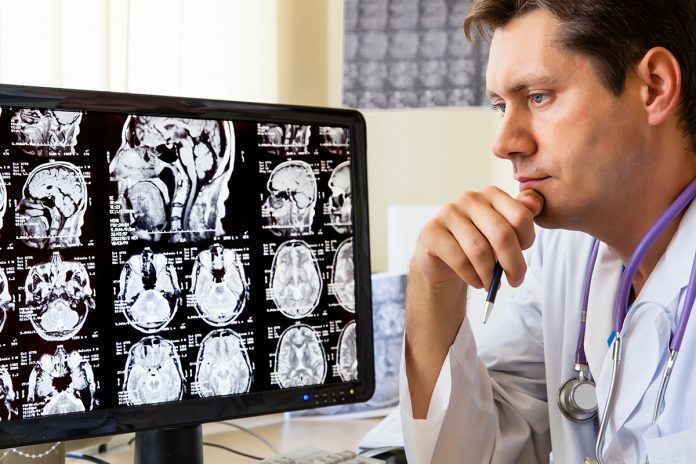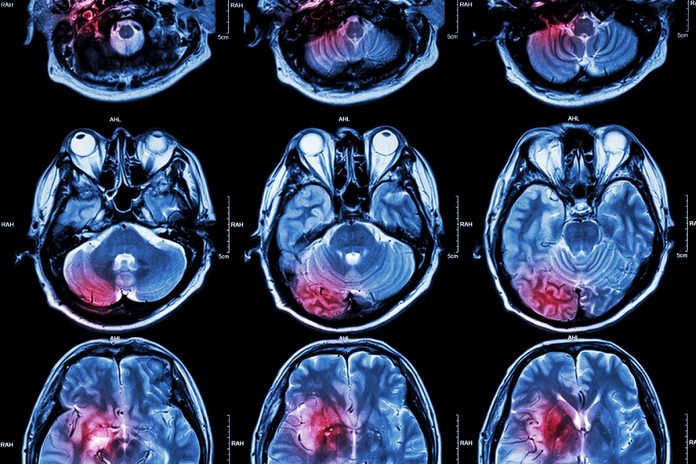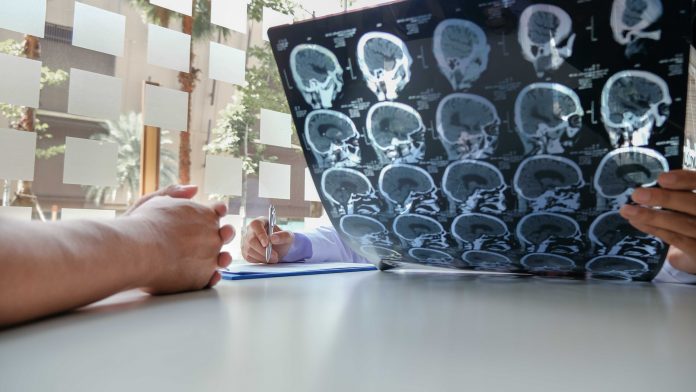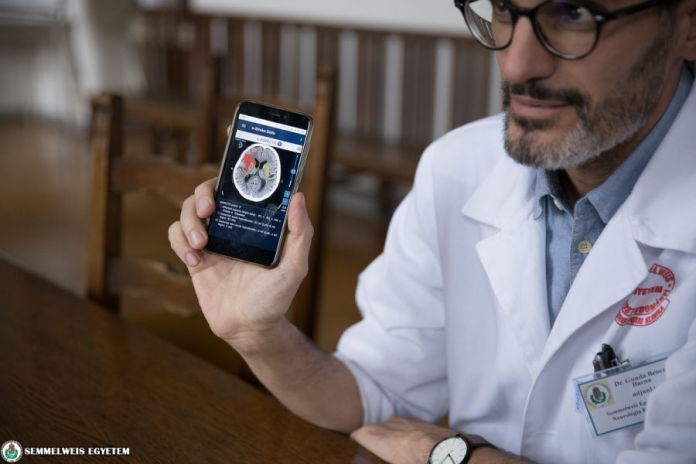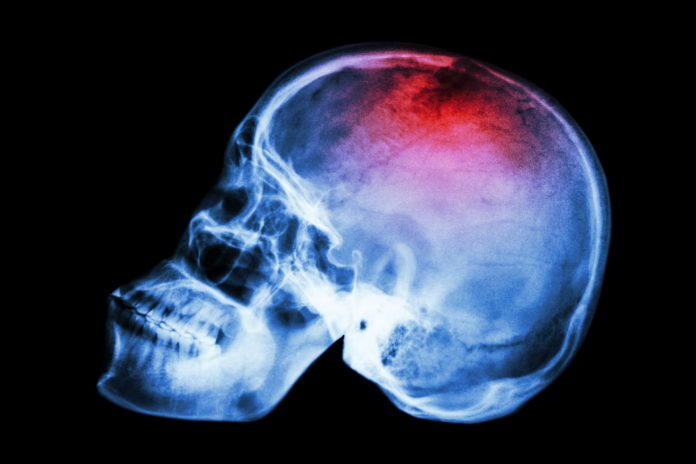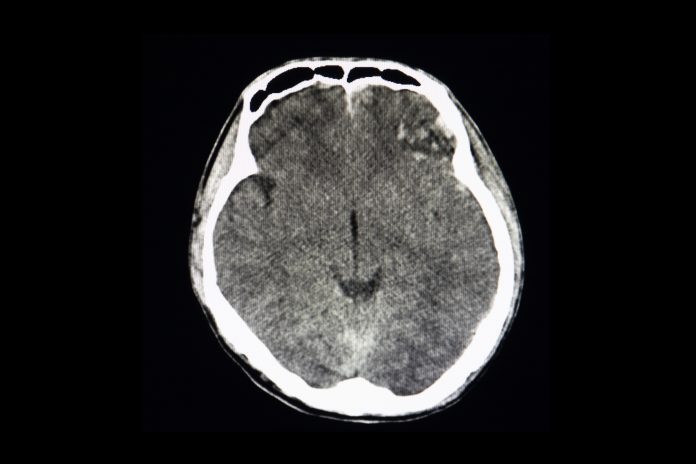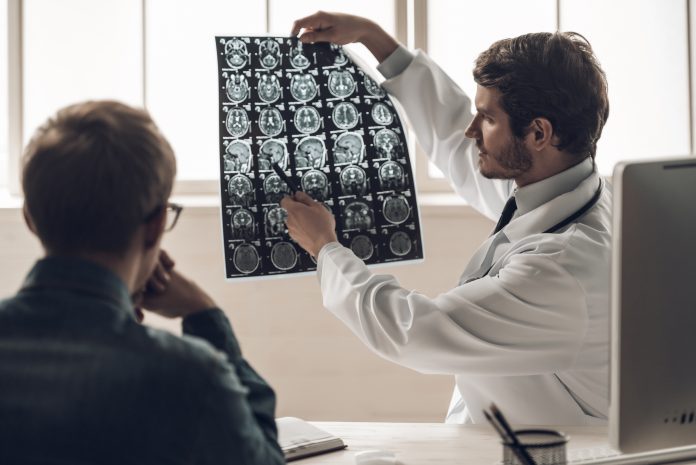Open Access Government produces compelling and informative news, publications, eBooks, and academic research articles for the public and private sector looking at health, diseases & conditions, workplace, research & innovation, digital transformation, government policy, environment, agriculture, energy, transport and more.
Home Search
stroke - search results
If you're not happy with the results, please do another search
How AI can help treat diseases such as cancer and stroke
Tim Wooller, Principal – Industrial Design, Sector Lead Healthcare, PDD, explores how AI can help treat diseases such as cancer and stroke.
AI-Powered e-Stroke Software in Andalucía
Brainomix’s AI e-Stroke software goes live across Andalucía, supporting the regional stroke network initiative.
Women who breastfeed face lower risk of heart disease or stroke
A meta-analysis finds that women who breastfeed are less likely to develop heart conditions or diseases, or die from cardiovascular disease than women who do not breastfeed.
The UK’s largest regional stroke thrombectomy network is powered by e-Stroke
Jeff Wyrtzen, Chief Marketing & Business Development Officer at Brainomix explores the impact of the e-Stroke thrombectomy platform and its implementation across the supraregional network.
Using AI to support decision making & transform outcomes for stroke patients
Adam Nickerson, Head of Category, Digital and IT procurement frameworks at NHS Shared Business Services (NHS SBS), explains how artificial intelligence software (AI) is used to support decision making & transform outcomes for stroke patients.
Study finds Brainomix’s e-Stroke software improves stroke treatment rates
Jeff Wyrtzen, Chief Marketing & Business Development Officer at Brainomix, explores a study proving that e-Stroke software improves stroke treatment rates
Helping stroke patients achieve functional independence
Jeff Wyrtzen, Chief Marketing & Business Development Officer at Brainomix reveals the findings of a new study showing that the e-Stroke software shortens treatment times, hugely benefitting stroke patients.
Richard Francis – Stroke Association
Richard is Head of Research at the Stroke Association, where he leads the research programme, implementing the charity’s research strategy.
The priorities for future stroke research
Richard Francis, Head of Research at the Stroke Association, identifies the priority areas for research investment that will make the greatest difference to stroke survivors.
Roderick Corriveau – National Institute of Neurological Disorders & Stroke (NINDS)
Dr Roderick Corriveau joined the NINDS as a Program Director in 2010 and is responsible for the NINDS vascular contributions to cognitive impairment and dementia (VCID) portfolio.
Research shows tissue surgery can reduce stroke risk by one-third
A team found that removing the left atrial appendage reduces stroke risk in heart patients by over one-third - changing the future for outcomes.
The rudiments of stroke prevention
Juliet Bouverie, Chief Executive of the Stroke Association, on inspiring people to reduce their risk of stroke.
Vicky Whittemore, PhD – National Institute of Neurological Disorders & Stroke, (NIH)
Dr Whittemore oversees a grant portfolio that includes basic, translational and clinical studies on epilepsy.
NHS saves millions on highly effective stroke drugs
Researchers from the Health Economics Unit and University of Leeds looked at the cost of treating strokes and found that the drugs prescribed are so effective they save the NHS money.
Researchers make breakthrough in stroke treatment
An international research team has made a breakthrough in stroke treatment, with a drug that could stop brain swelling without invasive surgery.
Sharon McGowan – Australian Stroke Foundation
Sharon McGowan joined the Stroke Foundation as Chief Executive Officer in 2016.
Research is key to curbing stroke
Sharon McGowan, Chief Executive Officer of the Australian Stroke Foundation, argues that research is key to curbing stroke.
Does gum disease increase your risk of hypertension, heart attack and stroke?
Prof Filippo Graziani, President of the European Federation of Periodontology (EFP), turns the spotlight on periodontitis and answers if gum disease increases the risk of hypertension, heart attack and stroke.
Tiny transporters could deliver treatment to stroke patients
Swarms of nanoparticles which are 15,000 times smaller than a pinhead may be able to deliver vital drugs to the brain, offering new hope to stroke patients.


